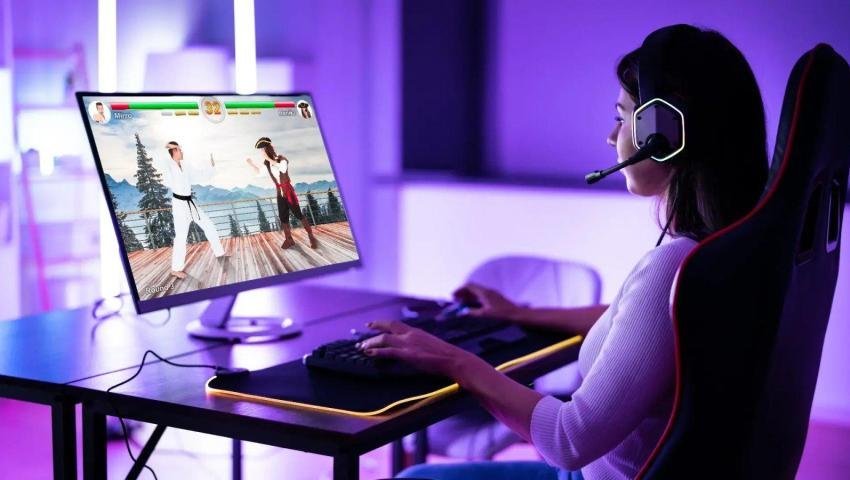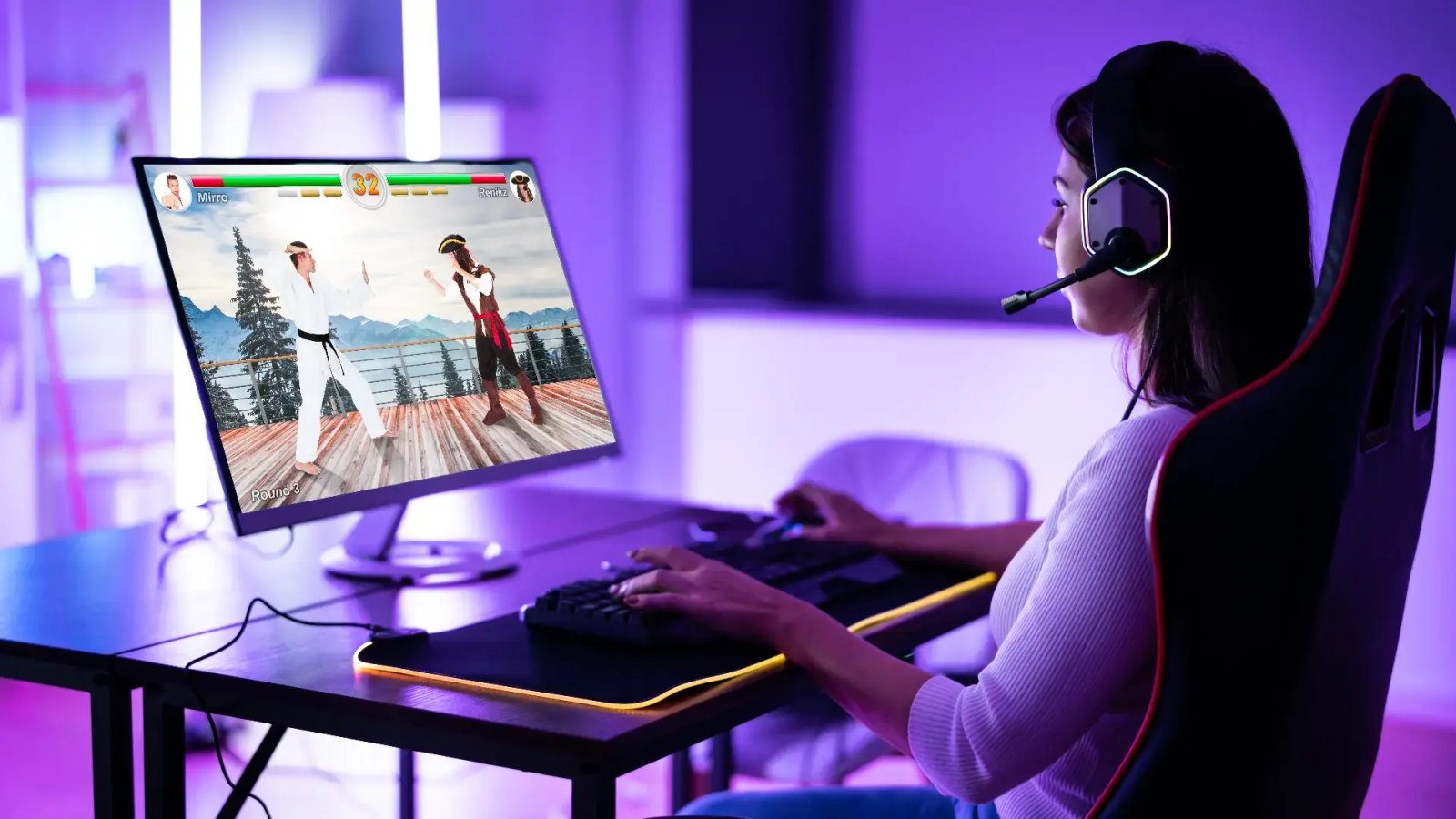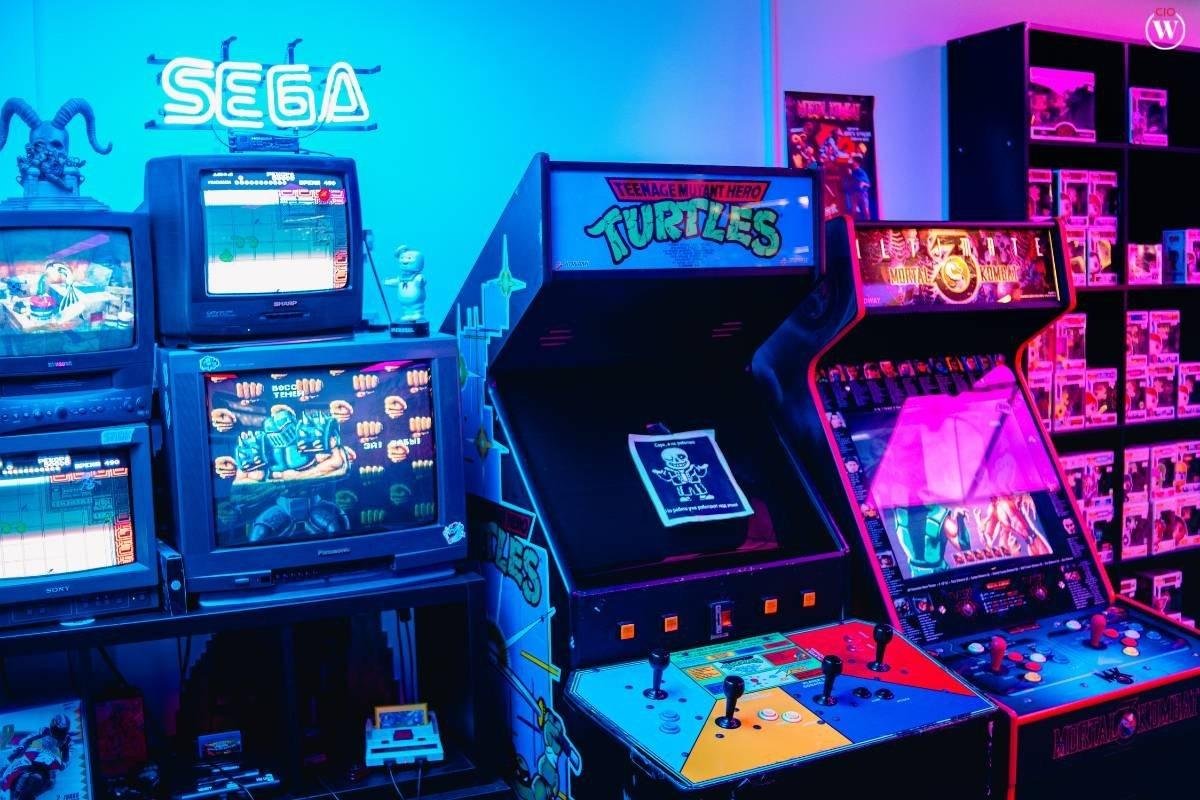
The Impact of Gaming on Mental Health: Myths vs. Reality
The landscape of gaming has evolved significantly over the past few decades, transforming from simple pixelated adventures to immersive worlds that captivate millions of players globally. As gaming has gained prominence, so has the discourse surrounding its impact on mental health.

This conversation is often clouded by myths and misunderstandings, leading to polarized views about the effects of gaming. This article aims to dissect these myths, present factual insights, and provide a comprehensive overview of how gaming can influence mental health.
The Rise of Gaming Culture
In recent years, gaming has transcended its niche status, becoming a major part of popular culture. According to the Entertainment Software Association, 64% of adults in the United States play video games, and this demographic spans various age groups, genders, and backgrounds. As a result, the conversation around gaming and mental health is more relevant than ever.
Gaming as a Social Experience
One of the primary arguments in favor of gaming is its ability to foster social connections. Online multiplayer games enable players to collaborate and compete with others worldwide, creating a sense of community.
This social interaction can be especially beneficial for individuals who may struggle with face-to-face interactions due to social anxiety or other mental health issues.
The Benefits of Social Interaction through Gaming
- Building Relationships: Players often form friendships through shared gaming experiences, providing social support and companionship.
- Teamwork and Cooperation: Many games require players to work together to achieve common goals, enhancing teamwork skills and promoting collaboration.
- Coping Mechanism: For individuals dealing with loneliness or isolation, gaming can serve as a refuge, allowing them to engage with others in a virtual space.

Myth vs. Reality: The Negative Stereotypes of Gaming
Despite the social benefits, gaming often faces criticism for its purported negative effects on mental health. Common myths include the belief that gaming leads to addiction, aggression, and social withdrawal. Let’s explore these myths in detail.
Myth 1: Gaming Leads to Addiction
One of the most prevalent myths is that gaming is inherently addictive, akin to substances like drugs or alcohol. While it is true that excessive gaming can lead to problematic behavior, the concept of gaming addiction is nuanced.
Reality: Contextualizing Gaming Addiction
The World Health Organization (WHO) recognizes Gaming Disorder as a mental health condition characterized by impaired control over gaming habits. However, this disorder is not universal among gamers. Research indicates that only a small percentage of gamers develop addictive behaviors, often influenced by underlying psychological issues rather than gaming itself.
Myth 2: Gaming Causes Aggression
Another common stereotype suggests that gaming, particularly violent games, contributes to aggressive behavior in players. This belief is often fueled by media reports linking violent crimes to video game content.
Reality: The Complexity of Aggression
Numerous studies have explored the relationship between gaming and aggression, with mixed results. While some research suggests a correlation between violent games and short-term aggression, other studies highlight that the impact is minimal and often context-dependent. Additionally, players often distinguish between game behavior and real-life actions, suggesting that gaming may serve as a form of emotional release rather than a direct cause of aggression.
Myth 3: Gaming Leads to Social Isolation
Critics often claim that gaming isolates individuals, leading to loneliness and disconnection from reality. This myth perpetuates the idea that gamers prefer virtual interactions over real-world relationships.
Reality: Gaming as a Social Connector
Contrary to this myth, many gamers report that gaming enhances their social lives. The rise of online gaming communities has provided platforms for individuals to connect and form friendships, often leading to meaningful relationships beyond the game. Furthermore, gaming can serve as a conversation starter, providing players with shared experiences and common interests.

The Positive Aspects of Gaming on Mental Health
While it's essential to address the myths surrounding gaming, it's equally important to highlight the potential benefits. Research indicates several positive impacts of gaming on mental health.
1. Stress Relief and Relaxation
Engaging in gaming can serve as an effective stress relief mechanism. Many players use games as a way to unwind after a long day, providing an escape from everyday pressures. The immersive nature of games allows players to immerse themselves in different worlds, temporarily distancing themselves from their worries.
2. Cognitive Benefits
Gaming is not just a leisure activity; it can also enhance cognitive abilities. Research has shown that certain types of games can improve problem-solving skills, spatial awareness, and memory. Strategy games, in particular, require players to think critically and make quick decisions, which can translate to real-world skills.
3. Emotional Resilience
Video games often present players with challenges and obstacles that require perseverance to overcome. This experience can foster resilience and improve emotional regulation, teaching players how to cope with failure and disappointment—skills that are crucial for mental well-being.
4. Therapeutic Uses of Gaming
The therapeutic potential of gaming has gained traction in recent years, leading to the development of serious games designed for mental health treatment. These games can help individuals manage anxiety, depression, and PTSD by providing therapeutic environments for exposure therapy and skill-building.
Conclusion
The relationship between gaming and mental health is multifaceted, with both positive and negative aspects. While myths surrounding addiction, aggression, and social isolation persist, the reality is that gaming can offer significant social, cognitive, and emotional benefits. As with any activity, moderation is key. By understanding the nuanced impact of gaming, players, parents, and mental health professionals can better navigate the complexities of this popular pastime.

Amilma Digital
Creative Digital Agency from Bosnia and Herzegovina
Leave a comment
Your email address will not be published. Required fields are marked *
